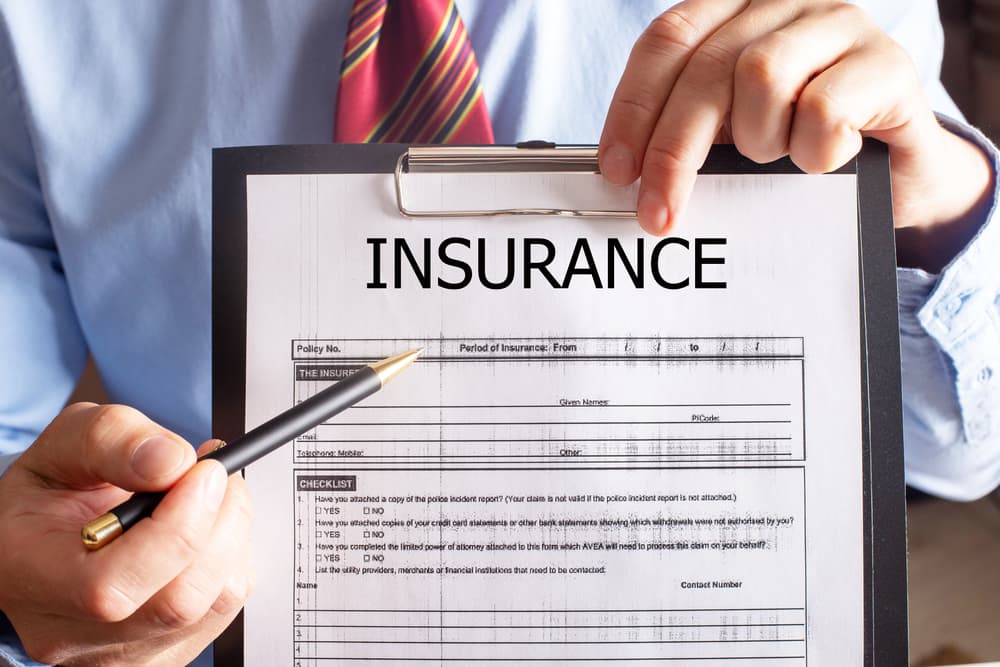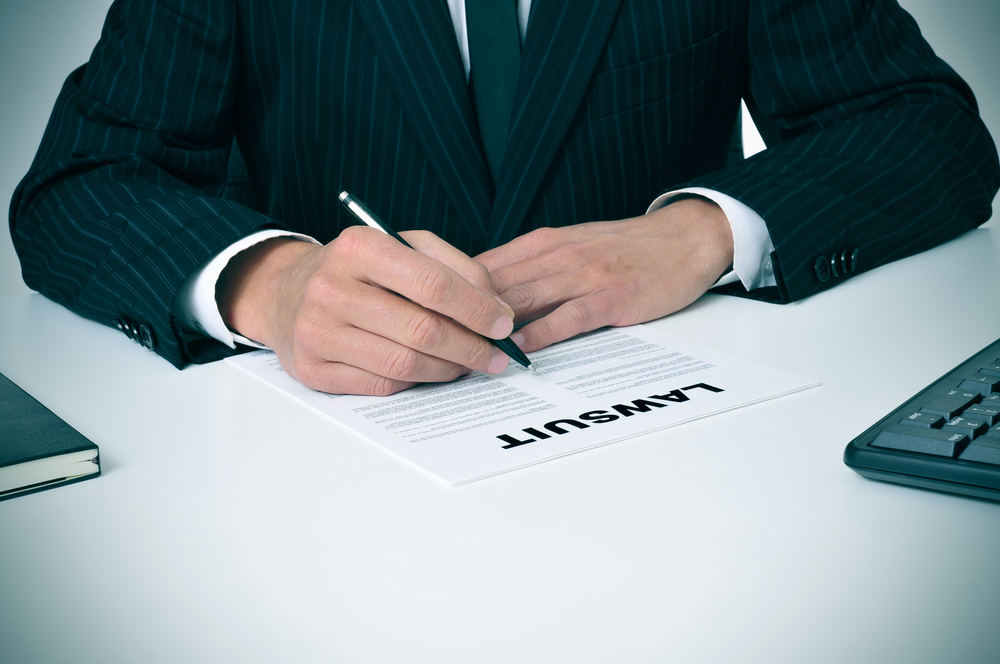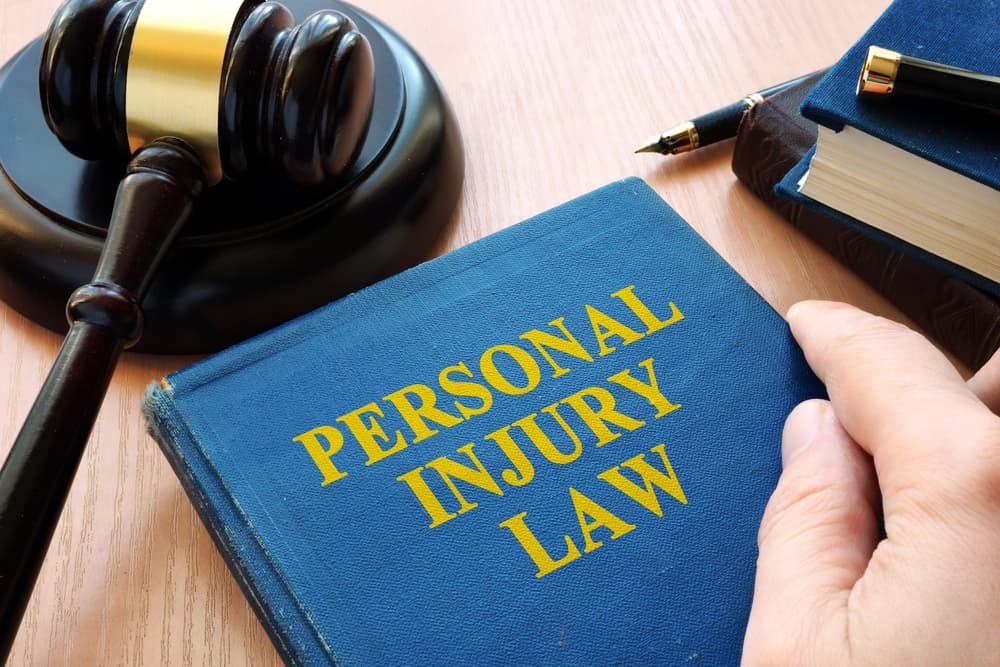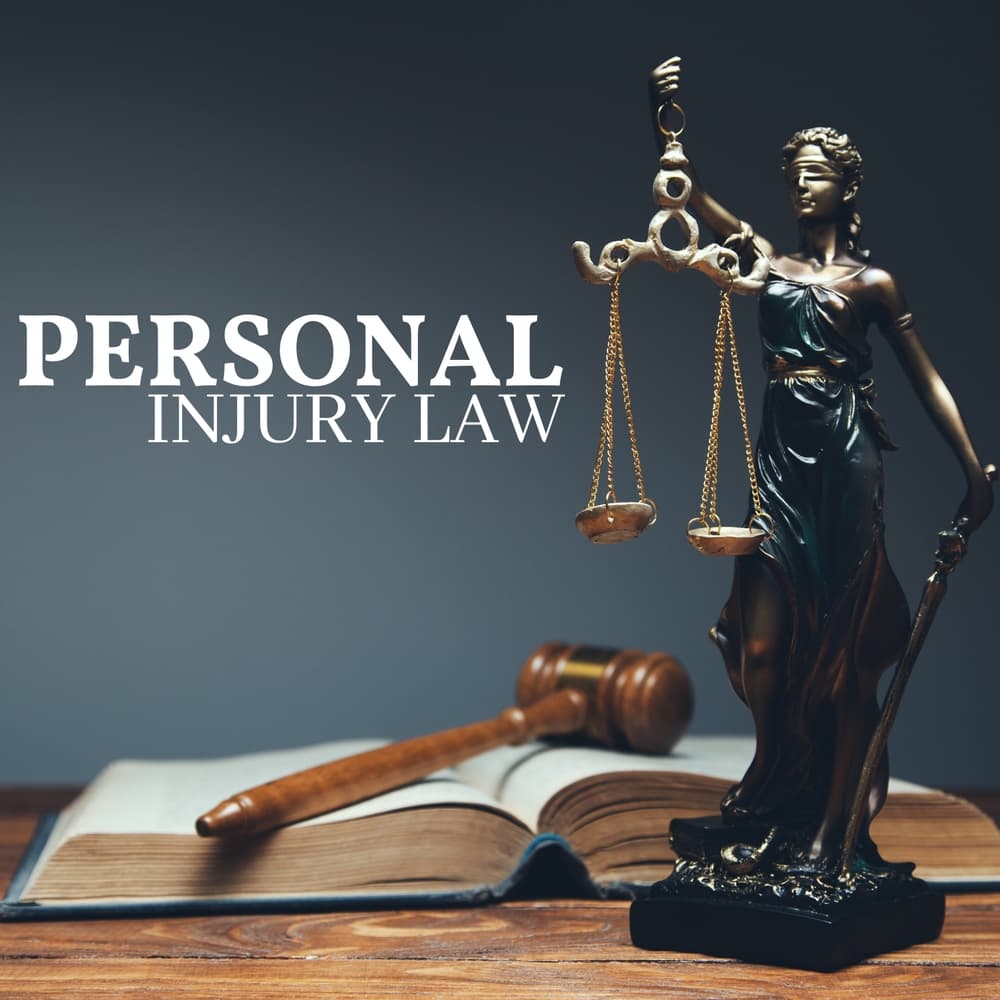If you've suffered an injury in an accident that wasn't your fault, you might be thinking about filing a personal injury lawsuit. This is a big step, and having many questions is normal. The most important thing to do is talk to a personal injury lawyer as soon as possible. They can look at the details of your case and give you the best advice on what to do next.
Getting Medical Treatment
After you've been in an accident, the first thing you need to do is see a doctor. Some injuries, like whiplash or concussions, might not show up right away. A doctor can find these injuries and start treating them before they worsen.
Make sure to keep all of your medical records and bills. These will be important later when trying to get money for your injuries. Your personal injury attorney must see these documents to build a strong case for you.
Should I Talk to the Insurance Company?

After an accident, the insurance company of the person who caused your injuries may contact you. It's common for insurance adjusters to reach out to you soon after the incident, and they may seem friendly and concerned about your well-being. However, it's important to remember that insurance companies are businesses, and their primary goal is to minimize the amount of money they have to pay out on claims.
When an insurance adjuster calls you, they might ask you to provide a recorded statement about the accident or to sign some documents. While it might seem like they're just trying to gather information to process your claim, it's best not to talk to them without consulting a personal injury lawyer first. Anything you say to the insurance company might come back to hurt you later, and you might inadvertently say something that can hurt your case.
Insurance adjusters often phrase questions in a way that can lead you to admit responsibility or de-emphasize the extent of your injuries. They might also try to get you to agree to a quick settlement before you have a chance to fully understand the extent of your damages. These tactics aim to reduce the amount the insurance company has to pay on your claim.
That's why it's so important to have a personal injury lawyer on your side. Your lawyer will handle all the communication with the insurance company on your behalf. They have the experience and knowledge to deal with insurance adjusters and protect your rights throughout the process. Your lawyer will ensure you don't say anything that can jeopardize your claim, and they'll work to negotiate a fair settlement covering all your damages.
If the insurance company pressures you to provide a statement or sign documents, your lawyer will advise you on how to respond. In most cases, it's best to refer the insurance company to your lawyer and let them handle the conversation. Your lawyer will know how to deal with any tactics the insurance company might use to limit your compensation.
It's also important to remember that you're not obligated to accept the first settlement offer the insurance company makes. These initial offers are often much lower than your case is worth. Your personal injury lawyer will assess the full value of your claim, including your current and future medical expenses, lost income, pain and suffering, and other damages. They'll then negotiate with the insurance company to get you the maximum compensation possible.
When Should I Call a Personal Injury Lawyer?
The sooner you call a personal injury lawyer, the better. You want to give your lawyer as much time as possible to work on your case. Most states have a deadline for filing a personal injury lawsuit. This is called the statute of limitations. If you miss this deadline, you cannot get any money for your injuries.
A personal injury lawyer will also ensure important evidence isn't lost or destroyed. They can talk to witnesses while their memories are still fresh. They can also ensure that any physical evidence, like a crashed car, is preserved.
What Happens After I Hire a Personal Injury Lawyer?
Once you hire a personal injury lawyer, they will investigate your case. They will gather all of your medical records and bills. They will also talk to any witnesses and professionals who can help prove your case.
Your lawyer will also start negotiating with the insurance company. These tactics aim to reduce the amount the insurance company has to pay on your claim. This means that your lawyer and the insurance company will agree on money to pay you for your injuries. Your case may go to trial if you can't reach an acceptable settlement.
How Long Does a Personal Injury Lawsuit Take?

The length of a personal injury lawsuit depends on a lot of things. If someone settles your case out of court, it will usually be faster than if it goes to trial. Cases with clear evidence of who was at fault and serious injuries usually resolve faster.
Your personal injury attorney can give you a better idea of how long your specific case might take. It's important to be patient. You want your lawyer to take the time to build the strongest case possible so you can get the most money for your injuries.
What Kind of Compensation Can I Get?
In a personal injury lawsuit, you can get money for different damages related to your injuries. Some common types of damages are:
Medical Bills
One of the primary compensations you can seek in a personal injury lawsuit is money for your medical expenses. This includes all the costs of treating your injuries from the accident, such as hospital stays, surgeries, doctor visits, medications, medical equipment, physical therapy, and rehabilitation.
Your personal injury attorney will fight to ensure you receive compensation for all your current and future medical bills. If your injuries require ongoing treatment, your lawyer will also seek money to cover those anticipated expenses.
Lost income
Accidents can often lead to missed time at work, resulting in lost income. If your injuries have caused you to miss work, you can seek compensation for those lost earnings in your personal injury lawsuit. Your lawyer will calculate the income you've lost due to your injuries, including hourly earnings or salary, bonuses, commissions, and self-employment income.
In some cases, injuries can be so severe that they prevent you from returning to your previous job or working at all. If this happens, you can also seek compensation for your lost earning capacity or future income.
Pain and Suffering
Not all the consequences of an accident are financial. The physical pain and emotional distress caused by your injuries can have a profound impact on your life. In a personal injury lawsuit, you can seek money for these non-economic damages, collectively called "pain and suffering." This includes physical pain and discomfort, emotional distress such as depression or anxiety, loss of enjoyment of life, disfigurement or scarring, and loss of consortium, which refers to damage to your relationship with your spouse.
Putting a dollar amount on pain and suffering can be challenging, as these damages are subjective and vary from person to person. Your personal injury lawyer will use their experience and knowledge to determine a fair amount to seek for your pain and suffering.
Your personal injury lawyer will work diligently to ensure you receive compensation for all the damages you've suffered from the accident. By carefully documenting your losses and building a strong case, your lawyer will fight to get you the maximum amount of money possible for your medical bills, lost income, pain and suffering, and any other damages you've incurred.
Will My Case Go to Trial?
When pursuing a personal injury claim, one of the biggest questions on your mind might be whether your case will end up in a courtroom. Going to trial can be intimidating, but you should know that most personal injury cases settle out of court.
Why Do Most Cases Settle?

Several reasons explain why most personal injury cases get resolved through settlements instead of trials. Going to trial is risky for the plaintiff (the person bringing the lawsuit) and the defendant (the person or entity you are suing).
For the insurance company defending the case, going to trial means risking a large payout if the jury favors the plaintiff. Juries can be unpredictable, and there's always the chance they can award the plaintiff much more than what the insurance company is willing to pay in a settlement.
On the other hand, going to trial is also a gamble for the plaintiff. If you reject a settlement offer and take your case to trial, there's a possibility you can end up with less money than what was offered in the settlement or even nothing at all if you lose the case.
How Your Personal Injury Lawyer Will Guide You Through the Settlement Process
Given the risks involved in going to trial, your personal injury lawyer will be key in advising you on whether a settlement offer is fair or if you should consider taking your case to court.
Your lawyer will draw on their experience handling similar cases to assess the strength of your claim and the likelihood of success at trial. They will also consider factors such as the severity of your injuries, the clarity of liability in the accident, and the available insurance coverage.
Suppose your lawyer believes a settlement offer is too low and does not adequately compensate you for your injuries and damages. In that case, they may recommend rejecting the offer and pushing forward with a lawsuit. However, if the settlement offer is reasonable and in line with what you can expect to receive at trial, your lawyer will likely advise you to accept the offer.
Remember, the decision to accept a settlement or go to trial is ultimately yours. Your personal injury attorney is there to provide guidance and advice based on their experience, but they will always respect your right to make the final call.
Preparing for the Possibility of Trial
While most personal injury cases do settle out of court, it's still important for your lawyer to prepare your case as if it's going to trial. This means thoroughly investigating the accident, gathering strong evidence, and contacting expert witnesses if necessary.
Preparing a solid case puts you in a better position to negotiate a favorable settlement. If the insurance company sees that your lawyer has built a compelling case and is ready to go to trial if needed, they may be more willing to offer a reasonable settlement to avoid the expense and uncertainty of a courtroom battle.
How Much Does a Personal Injury Lawyer Cost?

Most personal injury lawyers work on a contingency basis. They only get compensated if they recover money for you. If you win your case, your lawyer will get a percentage of the money as their fee. If you lose, you won't owe your lawyer anything.
Contingency fees are good for a few reasons. First, you don't have to pay your lawyer anything upfront. They get paid if they win your case. This allows anyone to hire a good lawyer, no matter how much money they have. Second, it motivates your lawyer to get you the compensation you deserve.
The exact percentage your lawyer will get varies, but it's usually around one-third of the total amount. Your lawyer should explain their fee structure to you before you hire them.
Don’t Wait to Call a Personal Injury Lawyer
If you’ve suffered an injury in an accident, don't wait to call a personal injury lawyer. Remember, there are deadlines for filing a lawsuit. The sooner you call, the sooner your lawyer can start working on your case.
A personal injury lawyer will give you peace of mind during a difficult time. You can focus on healing with their experience while they handle all the legal details. Call a personal injury lawyer today for a free consultation if you've been in an accident. They can answer your questions and advise you on the best next steps.